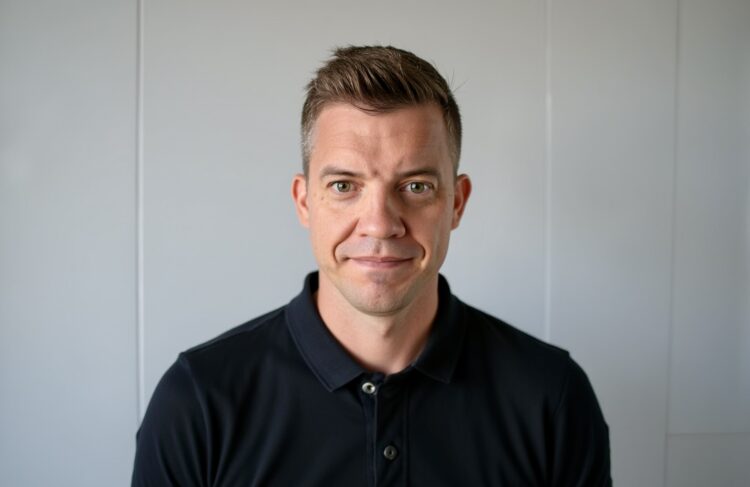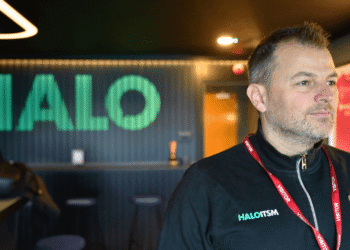Two former SoftwareOne execs have unveiled a new AI start-up they claim will “keep Microsoft honest” when it comes to navigating software licensing costs.
Neil Lomax and Chris Brown both left SoftwareOne last year, having helped set up the software licensing powerhouse’s UK business back in 2008.
They claim their new venture, Onyx, harnesses AI to guarantee customers the “very best deal” on their software licensing.
Microsoft’s move last month to take more Enterprise Agreements direct by slashing LSP fees (see here, here and here) has made it even tougher for customers to navigate the complexities of their Microsoft estates, Lomax claimed.
“We built it all in Azure to start with, but we’ve just moved it to AWS because we realised Microsoft might not like it it,” Lomax told IT Channel Oxygen.
“One of our first customers – a global CIO – told us he was going to have to move direct to Microsoft, and there are two things he didn’t want his team to do. One was to ask [Microsoft] what option they should take, because Microsoft’s answer is always the most expensive option of the two, and two, whether the price is good.
“He used to get both of those things from the channel, but he doesn’t really get them anymore. He said ‘solve those two issues for me’.”
“Let’s make something so cheap, we lose lots of money”
Onyx will initially focus on Microsoft, before adding the likes of SAP, Oracle, Salesforce and IBM to its repertoire, Lomax explained.
Rather than competing with LSPs like SoftwareOne, Softcat and SHI, Onyx intends to use them as a channel, Lomax added.
Onyx’s price points are based on a percentage of the end customer’s Microsoft spend, which could be as low as 0.1%, he explained.
Targeting companies that spend between £1m and £1bn on software contracts, Onyx offers three tiers of support. The basic level enables clients to get fast answers on licensing queries and have them checked by a human, with the higher levels enabling them to escalate more complex queries to a team of consultants.
“We quite quickly realised it was a partner play,” Lomax said.
“They can use our platform to provide really authentic advice to their clients that’s really fast, guaranteed and insured, and – at the same time – upsell their services from that.
“I said to Chris, ‘let’s make the platform so cheap and accessible that we’re going to lose a lot of money’. Partners might [see it, and want to] build it themselves, but I know from working at partners how much it costs to build, so let’s take them something that’s so good, and at a price point that’s so low, and with [such a good] partner programme, that they think ‘why build it? Let’s partner’.
“We’re not trying to do a full advisory service like a partner would.”
“We told the AI not to be too helpful”
Lomax acknowledged that he and Brown learned some important lessons about the limitations of large language models as they developed Onyx.
“When you start playing with AI, you get really, really excited. Then after a few minutes you get really, really disappointed because you realise it’s not very reliable,” Lomax said.
“That really frustrated us for a while. We realised very quickly that we had to build our own small language model with our own knowledge sources.
“One thing we did was train the AI not to be too helpful.
“AI likes to be helpful. If it doesn’t know the answer, it’ll make stuff up. So we said ‘if you don’t know the answer from our knowledge, don’t make something up’.
“The second thing we did was build a quality assurance team that checks every single answer for two things, namely whether it’s correct, but also whether it’s a best-in-class answer.”
“Lightbulb moment”
For Lomax, starting up Onyx is the culmination of a dream he harboured during his 17 years at SoftwareOne, where he says he was responsible for around $22bn of Microsoft revenue.
“I always had a dream that at some point I’d do something where I wasn’t too tied to being a Microsoft partner, and do something really authentic.
“Partners are of course looking to do their best for customers, but they’re also trying to manage partnerships with vendors and suppliers, so there’s always a compromise somewhere along the line. I was like ‘what would we do if we didn’t have that compromise’?
“That was the lightbulb moment for me.”
Microsoft “politely declined to comment” for the article.
Doug Woodburn is editor of IT Channel Oxygen
















